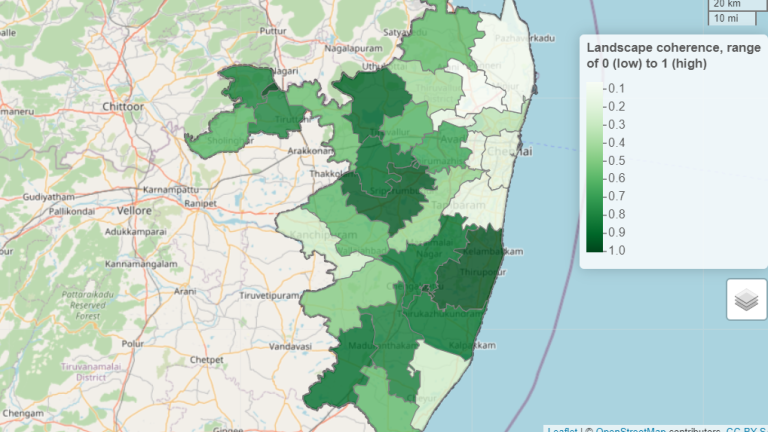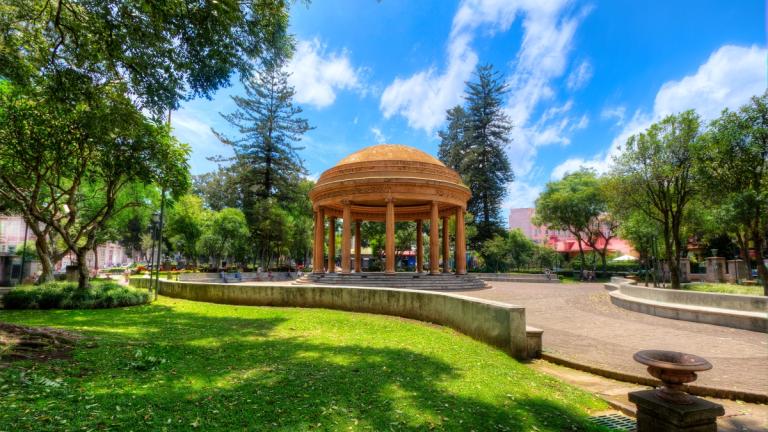Eric is the Data & Tools Manager for Urban Efficiency & Climate at WRI Ross Center for Sustainable Cities. He helps cities obtain the information and stakeholder agreement they need to develop and implement broadly beneficial strategies to optimize, electrify and decarbonize their energy systems. He also coordinates data strategy across the Ross Center and acts as the Cities data liaison to UrbanShift, Resource Watch, and WRI's Energy and Climate programs.
Eric manages the development of globally relevant methods, tools and datasets on energy performance and urban form characteristics of cities. His projects include AI-driven mapping of the heat and resilience aspects of urban surfaces; methods to develop “quick start” city energy and emissions inventories; scenario modeling to support locally beneficial plans for city transitions to 100% clean energy; and computer vision-based urban land-use modeling.
Prior to his current position, Eric was Building Efficiency Manager at WRI. He has authored or co-authored more than a dozen publications on energy policy, urban energy systems and community development. Eric also has experience in affordable housing policy and environmental campaign organizing. He is on the board of Emerald Cities Collaborative, a national non-profit focused on a “high-road” transition to the green economy in the US.
Eric holds a Master of City Planning and Environmental Planning Certificate from the Massachusetts Institute of Technology and a B.A. in Political Science, Public Policy, and Environmental Studies from Albion College. Eric enjoys learning, design, exploring new places and being outdoors (in both natural and urban environments). Eric lives with his spouse and daughter in Seattle.
Latest by Eric Mackres

Meet CityMetrics: An Open-Source, Interactive Tool for Analyzing Urban Risks and Opportunities
With CityMetrics, a new geospatial data platform developed by WRI, over 60 cities--including all 23 UrbanShift cities--can access in-depth data on urban risks and vulnerabilities.

Looking Back on 2023 and ahead to 2024: Supporting Integrated Urban Planning to Tackle the Climate, Nature and Pollution Crises
Reflecting on an impactful 2023, UrbanShift will continue its focus in 2024 on supporting collaborative, cross-cutting leadership to fund and implement sustainable urban transformations.

New Data Dashboard Helps Cities Build Urban Resilience in a Changing Climate
Developed by UrbanShift and Cities4Forests, this new tool enables local actors to assess real-time climate risks and effectively plan future mitigation strategies.

Strategic City Planning with Nature: Assessing Urban Biodiversity in San José, Costa Rica
UrbanShift’s geospatial analysis for the San José metropolitan region will support urban actors to incorporate biodiversity into planning mechanisms and transform decision-making processes toward valuing the benefits of nature.

